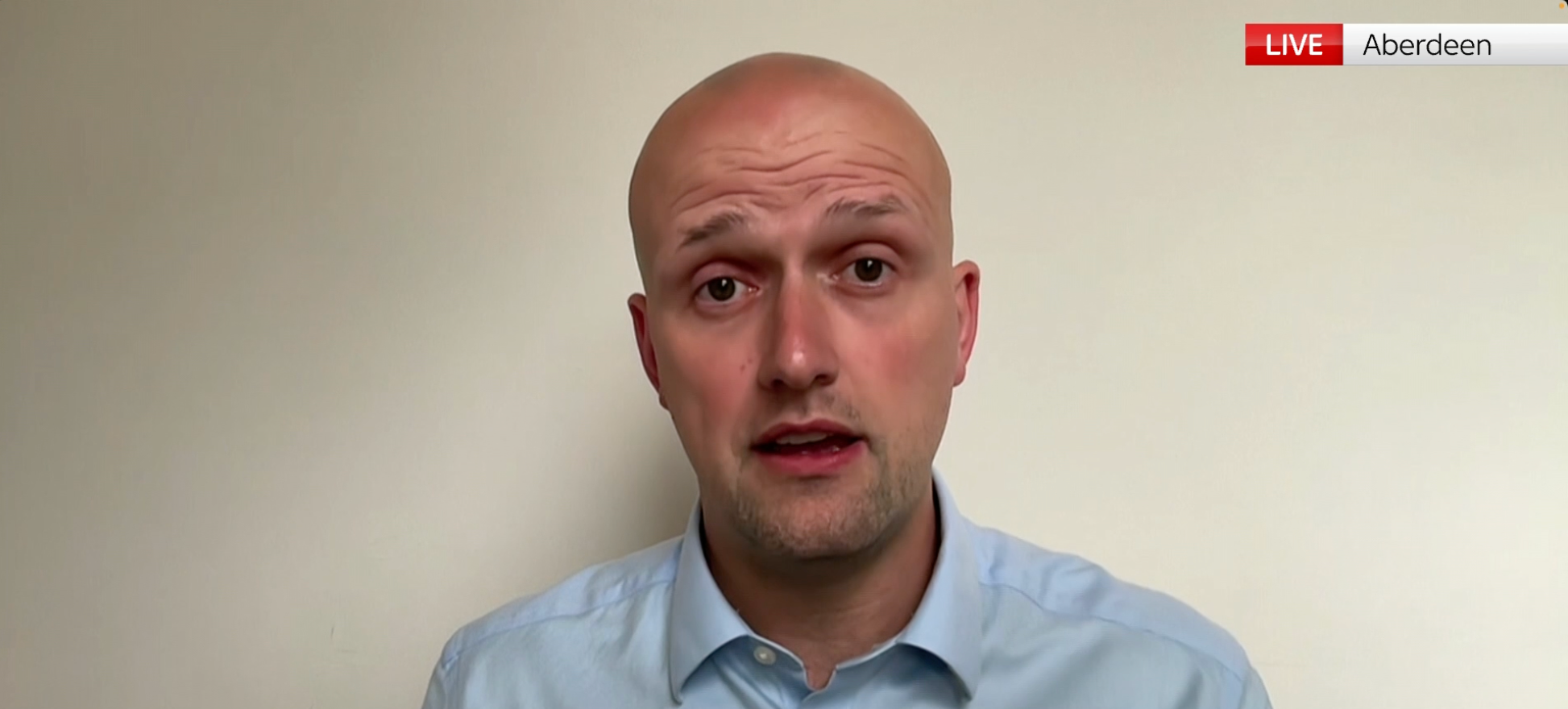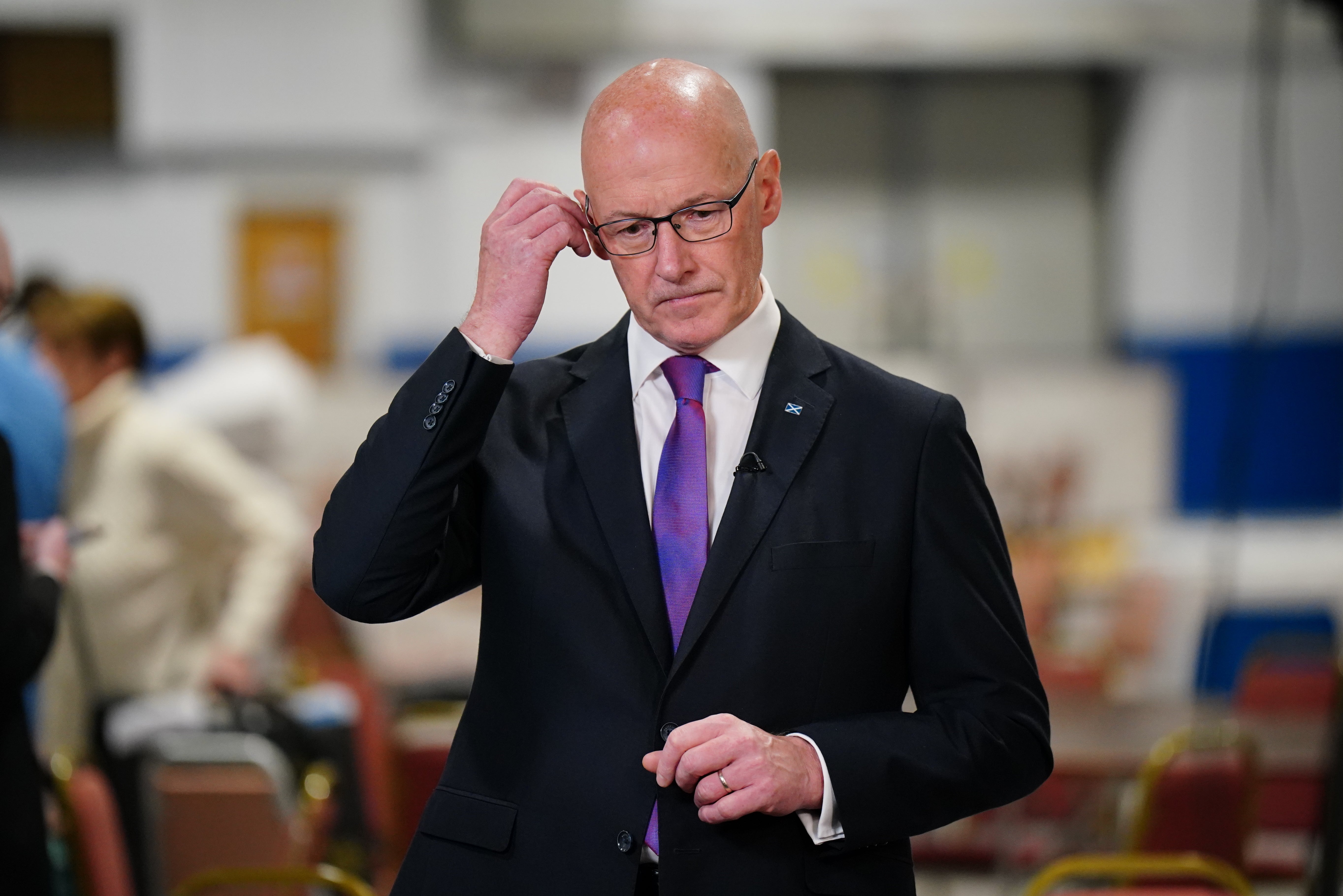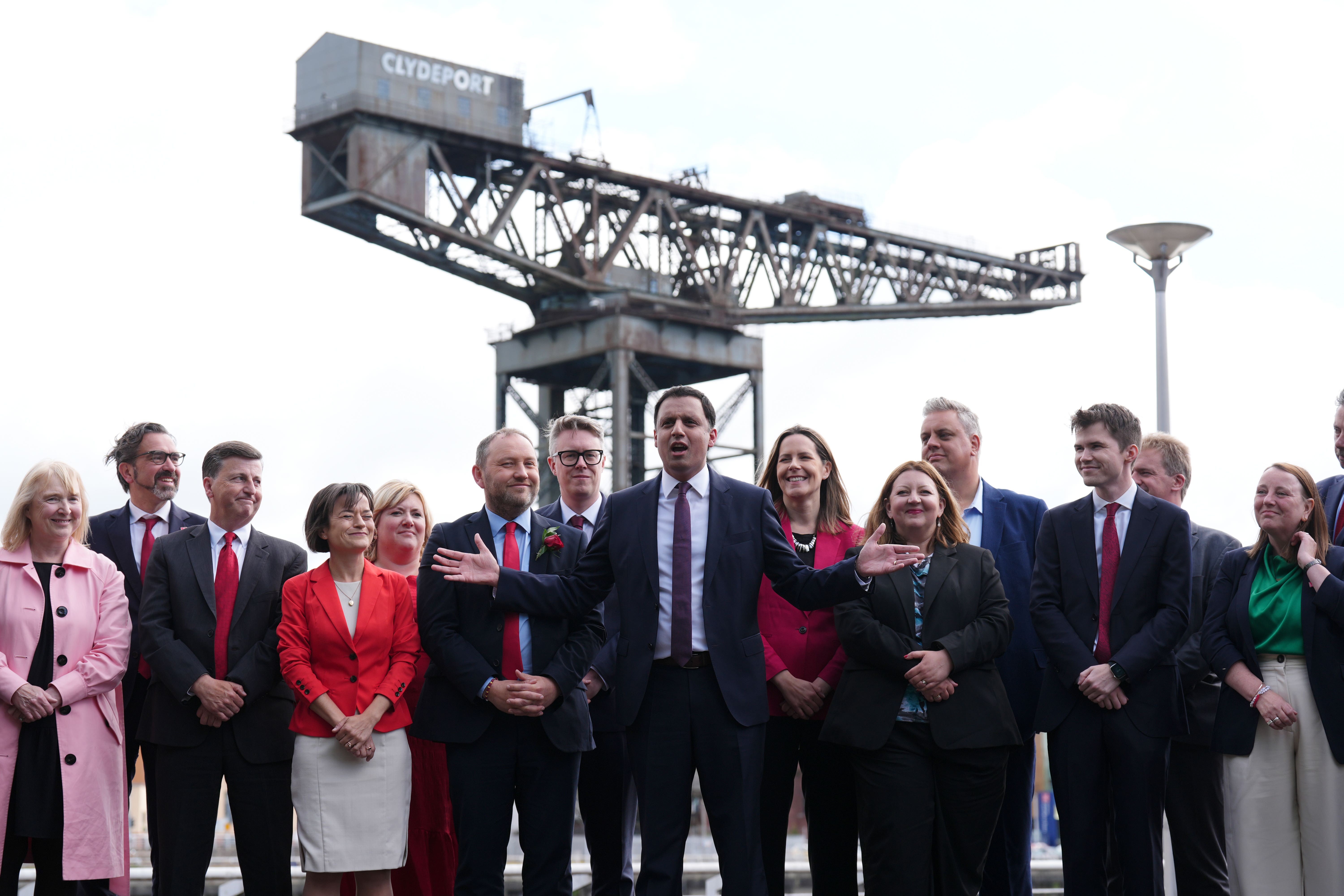SNP admits Scottish independence is ‘a hard sell’ after losing 38 seats
Nationalists lose 38 of their 47 seats, threatening to kill off the independence debate for a generation
Your support helps us to tell the story
From reproductive rights to climate change to Big Tech, The Independent is on the ground when the story is developing. Whether it's investigating the financials of Elon Musk's pro-Trump PAC or producing our latest documentary, 'The A Word', which shines a light on the American women fighting for reproductive rights, we know how important it is to parse out the facts from the messaging.
At such a critical moment in US history, we need reporters on the ground. Your donation allows us to keep sending journalists to speak to both sides of the story.
The Independent is trusted by Americans across the entire political spectrum. And unlike many other quality news outlets, we choose not to lock Americans out of our reporting and analysis with paywalls. We believe quality journalism should be available to everyone, paid for by those who can afford it.
Your support makes all the difference.The SNP has just 18 months to save the case for Scottish independence after suffering a drubbing in the general election, its Westminster leader Stephen Flynn has admitted.
The nationalists lost their position as Scotland’s dominant party in the House of Commons, losing 38 of 47 their seats – mostly to a resurgent Labour – and dealing a huge blow to their hopes of securing another independence referendum.
It’s their lowest number of seats at Westminster since 2010, and means they have dropped from the third-largest party, with a question every week at PMQs, to the fourth-largest.
With all but one of the 57 Scottish seats declared, Labour hold 37, the SNP nine and the Conservatives and Liberal Democrats each have five; a recount in the Inverness, Skye and West Ross-shire seat will not restart until 10.30am on Saturday.
Labour is now the biggest party in Scotland, England and Wales – the first party to achieve this since Tony Blair’s Labour government of 2001.

Mr Flynn and party leader John Swinney, who stepped in just weeks ago to replace Humza Yousaf, both admitted their case for independence had suffered a massive setback.
But both insisted that a mandate for another referendum on Scotland’s future lies in the Holyrood elections due to take place in 2026.
Mr Flynn told the BBC: “It’s a very difficult and black night for all of us.”
He said party members, including himself, would have to “open the curtain and look at some of their own skeletons”.

However, he said the mandate for an independence referendum “continues (to) exist within the Scottish parliament itself”.
“Do I accept that is a hard sell right now? Of course I do, because we’ve lost a significant amount of MPs, but that doesn’t negate the fact that there is still a pro-independence majority within Holyrood itself,” he said.
“What we need to focus on now as a party is how we get ourselves into winning shape in the next 18 months in the build-up to the Scottish parliament election.
“That’s going to require a lot of effort from people and it’s probably going to require some people to open the curtain and look at some of their own skeletons and realise that we’ve not been doing things as well as we possibly could have been. Myself included in that regard.
“So it’s a time for reflection, it’s a time to listen and hopefully a time to rebuild and come back better.”
Mr Swinney admitted his party “failed to convince people of the urgency of independence” during the campaign.

“I accept that we need to engage with, listen to and learn from the people of Scotland on how we take forward our arguments for independence.”
Outgoing Scottish Tory leader Douglas Ross failed in his bid to return to Westminster for the Aberdeenshire North and Moray East seat in place of former MP David Duguid, who was barred from standing by party bosses due to ill health.
His decision – which reversed an announcement he would not seek re-election to Westminster – was met with criticism from opponents and some within his own party.
Mr Ross suggested the Reform UK vote had handed the SNP the seat; its candidate Jo Hart came third with 5,562 votes, while Mr Ross trailed his SNP rival by less than 1,000.
Scottish Labour leader Anas Sarwar said: “I want to say thank you to the people of Scotland. You have put your faith and trust in us and we will work day and night build on that.”
He said the newly-elected Scottish Labour MPs “aren’t going to Westminster to sit on the opposition benches to shout, to protest and ultimately come back with nothing... [they are] going to Westminster to sit on the government benches, to sit round the table, make decisions and help deliver for the people of Scotland. That’s the change that people have voted for.”

Join our commenting forum
Join thought-provoking conversations, follow other Independent readers and see their replies
Comments